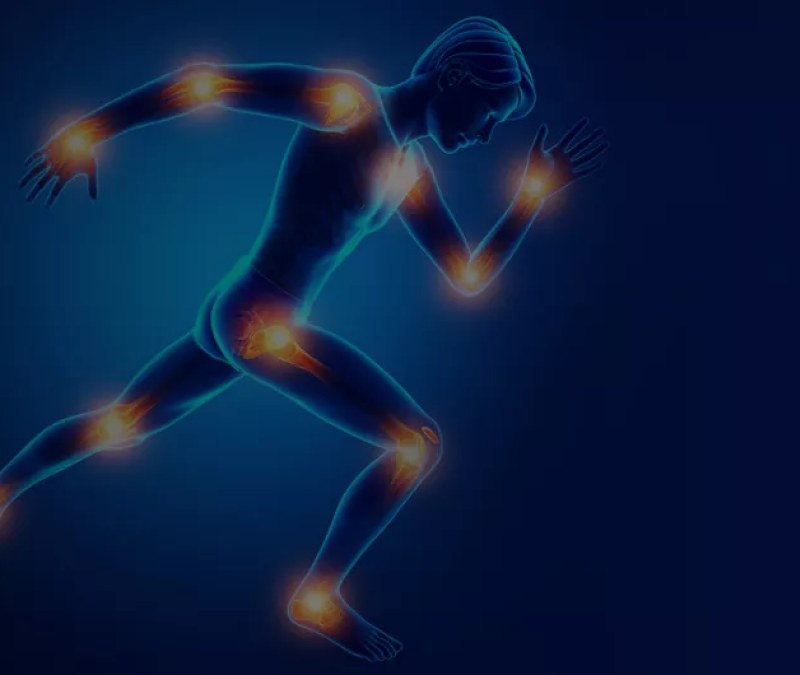Orthopaedics is a branch of medical science dedicated to diagnosing, treating, and managing skeletal system diseases and conditions. It involves treatment for diseases of the bones, joints, muscles, ligaments, and tendons.
Aster Narayanadri Hospital has one of the best orthopaedic departments in Tirupati. The specialists are skilled at treating injuries ranging from minor sprains and strains to severe fractures, bone deformities, sports injuries, rheumatic diseases, and arthritis.
Additionally, our orthopaedic specialists collaborate with a dedicated team of highly skilled anesthesiologists, radiologists, oncologists, pain management specialists, physiotherapists, and critical care specialists to create a carefully tailored treatment plan for each patient.
The Orthopedic department at Aster Narayanadri employs cutting-edge medical diagnostic techniques such as arthrography, electromyography, and bone and joint CT and MRI scans for improved accuracy in diagnosing musculoskeletal problems. Aster Narayanadri Hospital also has rehabilitative treatments, operating rooms, and intensive care units that are well-equipped and offer 24/7 emergency care, ambulance services, to inpatient and outpatient services.
Advanced Technology & Facilities
Well equipped with the latest medical equipment, modern technology & infrastructure, Aster Hospital is one of the best hospitals in India.
- Arthrography
- Bone scans
- Discography
- CT and MRI
- Electromyography
- X-ray
- Blood tests
- Bone scan.
FAQs
Want to find out more about the treatment? The answer to your questions can be found below.
What advancements or technologies are utilized by Orthopedic surgeons?
Orthopedic surgeons utilize advancements and technologies such as arthroscopic surgery, computer-assisted navigation systems, 3D printing for customized implants, regenerative medicine techniques, minimally invasive procedures, and advanced imaging modalities for accurate diagnosis and treatment.




